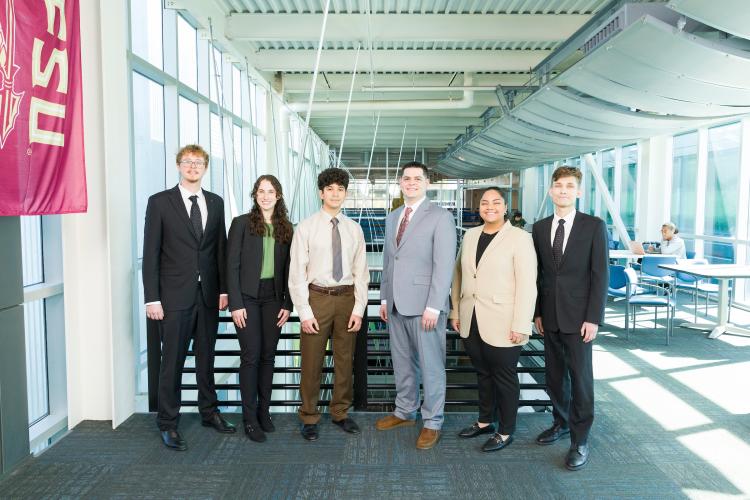
Thermoelectric coolers (TECs) are an emerging solid-state temperature control device capable of reaching refrigerative temperatures. Using the Peltier Effect, an electrical current transfers heat from one side of the TEC to another, creating a “hot” and “cold” side. Unlike fans or traditional refrigeration systems, they lack mechanical parts and hazardous refrigerants. They are also small and lightweight, making them both a safe and cost-effective temperature control option for commercial usage.
When we implemented TECs in a process-controlled system, they offered precise temperature control. For these reasons, we created a process-controlled thermal housing unit for a refrigerative medicine storage system. In this design, we attached TECs to an aluminum housing and connected heat sinks to the TECs to promote heat dissipation on the hot side. We also used a thermocouple probe to continuously monitor the housing unit’s temperature. This measurement served as the input to a proportional integral derivative (PID) feedback loop, which we programmed using Arduino IDE. This created a closed feedback loop that calculated a variable voltage for the TECs based on deviation from the temperature setpoint.
As the capabilities and efficiency of TECs become more advanced, they will have potential as a low-maintenance cooling system, particularly benefiting those in low-income or rural areas. Our design acts as a prototype for these systems, which would improve further as TEC technology grows.
